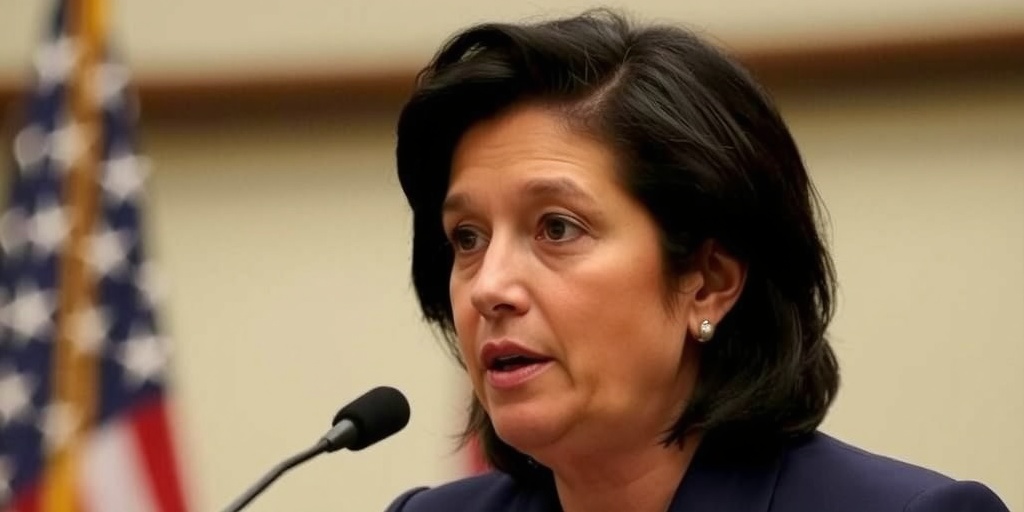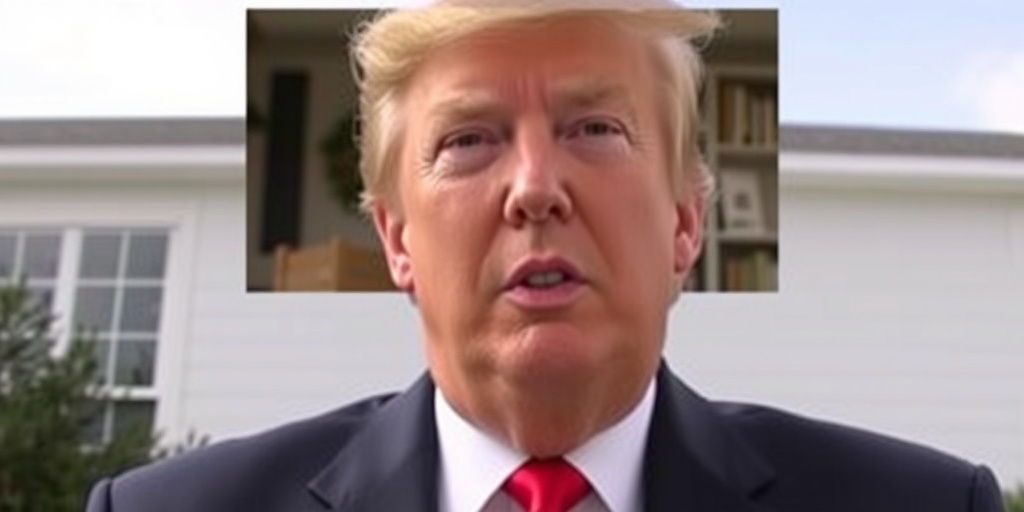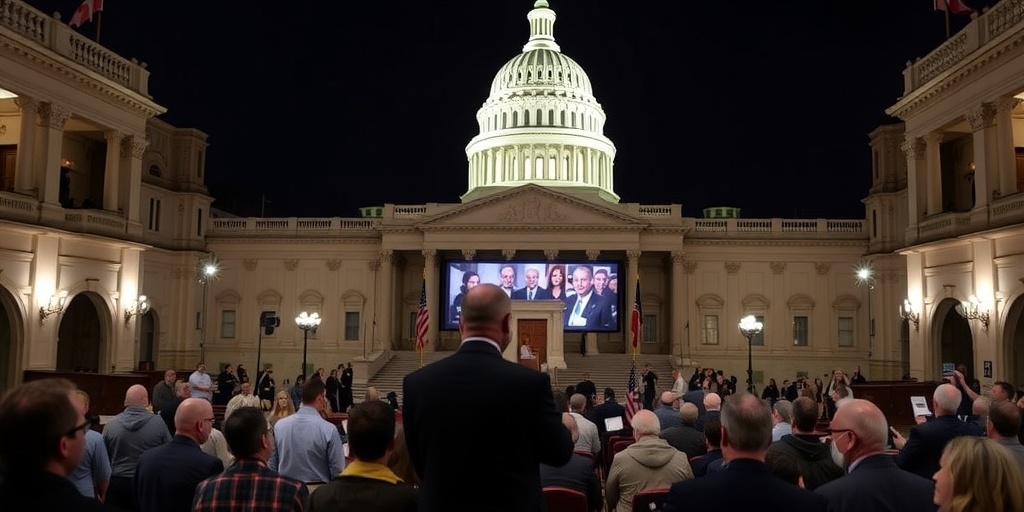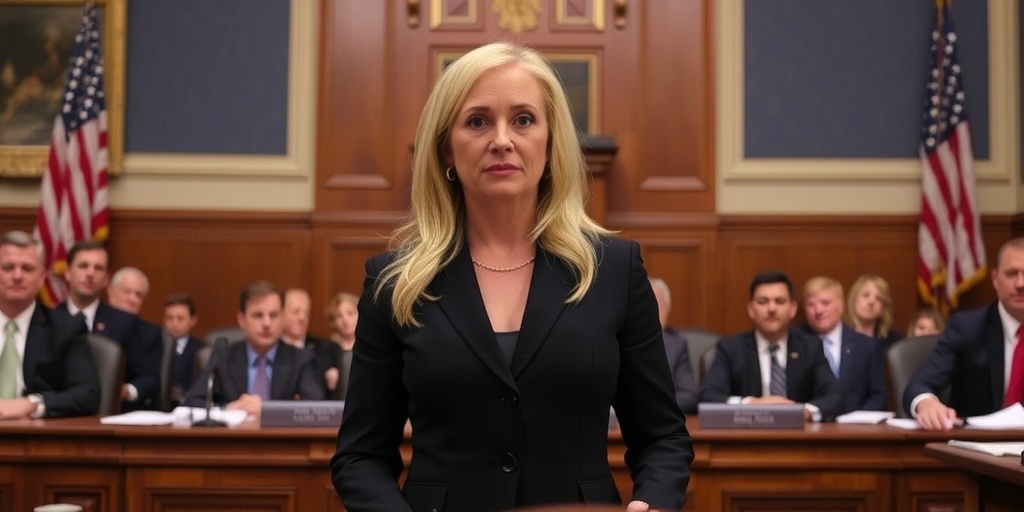Now Reading: John Ratcliffe to Unveil Vision for a More Aggressive CIA
-
01
John Ratcliffe to Unveil Vision for a More Aggressive CIA
John Ratcliffe to Unveil Vision for a More Aggressive CIA
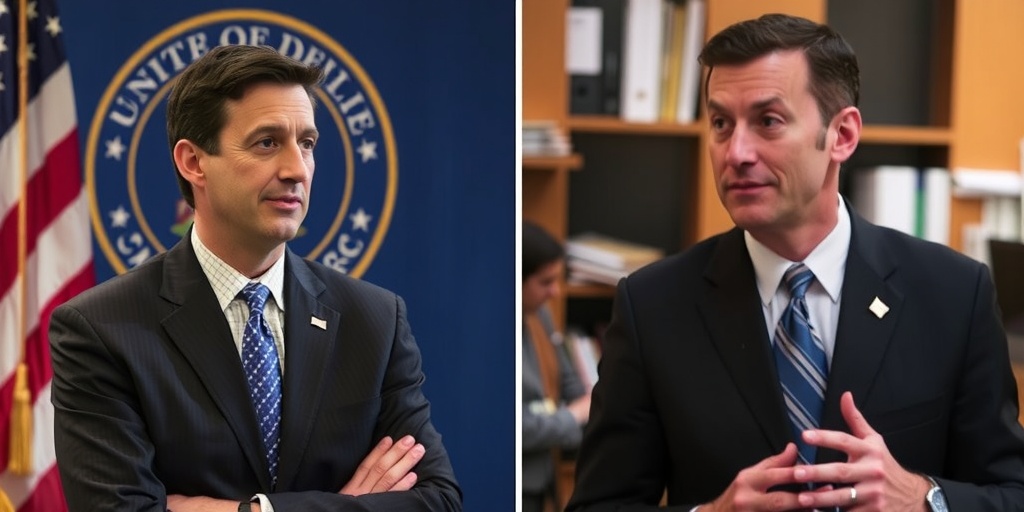
John Ratcliffe Set to Outline Vision for a More Aggressive CIA During Senate Confirmation Hearings
John Ratcliffe, nominated by President-elect Donald J. Trump to be the next Director of the Central Intelligence Agency (CIA), is gearing up to present his strategy for a more proactive and less risk-averse intelligence agency. As he prepares for confirmation hearings on Wednesday, Ratcliffe will take questions from senators about his intelligence priorities and his capability to provide honest assessments free of political influence.
Ratcliffe’s confirmation appears likely, with a vote expected from the full Senate soon after Trump’s inauguration on Monday. This marks a significant moment, as during Trump’s first term, Ratcliffe’s appointment as Director of National Intelligence was confirmed by a narrow margin of 49 to 44, making him the first national intelligence chief to be installed without support from the opposition party.
Senators from both the Democratic and Republican parties now see Ratcliffe as among the more qualified senior officials selected by Trump, particularly given the bipartisan agreement on the rising threat posed by China. Lawmakers across the political spectrum share concerns about China’s increasing global assertiveness, and Ratcliffe is anticipated to emphasize the urgency of addressing this challenge during his testimony.
In his upcoming presentation, Ratcliffe is expected to outline a vision of the CIA that prioritizes intelligence devoid of political bias. Moreover, he will likely advocate for the agency to take a more robust approach to covert actions directed by the President. This shift aims to make the CIA less hesitant to engage in necessary operations, a sentiment that resonates with some lawmakers’ frustrations over the agency’s perceived caution in recent years.
While Ratcliffe seems poised to garner some support from Senate Democrats during his confirmation, the extent of this backing remains uncertain. Many in the Democratic minority intend to probe Ratcliffe regarding Trump’s frequent criticisms of the intelligence community and question whether he can provide intelligence that may contradict the President’s views. Throughout Trump’s first term, the president heavily criticized intelligence agencies and their leaders, often alluding to a so-called "deep state" comprising officials who he believed were obstructing his agenda.
Senator Mark Warner, a Democrat from Virginia and the vice chairman of the Senate Intelligence Committee, is expected to challenge Ratcliffe on Trump’s attacks, emphasizing the repercussions of such remarks on the morale of intelligence professionals. In his prepared remarks, Warner is set to highlight the dedication of these individuals, many of whom conceal their identities while risking their lives to safeguard national security regardless of political leadership. He will urge Ratcliffe to use the nomination hearing as an opportunity to reassure CIA employees that they will not face retribution for providing truthful assessments.
Ratcliffe’s aides have communicated a welcoming stance toward CIA officers who commit to producing objective analyses. However, they have implied that those unwilling to uphold this mission should consider leaving the agency. The role of the Director of National Intelligence encompasses preparing essential intelligence briefings for the President, yet the CIA director frequently updates the President as well, intertwining their responsibilities.
Questions persist among Democratic lawmakers about Ratcliffe’s previous relationships with Trump and whether his selections for high-ranking intelligence positions will be able to furnish objective intelligence assessments. During his time as Director of National Intelligence, Ratcliffe drew attention for publicly warning about potential election interference in 2020, emphasizing efforts by nations such as Russia, Iran, and China to manipulate the electoral process. These warnings were subsequently supported by intelligence assessments from the Biden administration, although Ratcliffe’s decision to declassify certain intelligence about Russia’s activities in the 2016 election raised alarms among CIA officials concerned about the risks to sensitive sources and methods.
During the hearing, Warner is expected to press Ratcliffe to commit to delivering "unbiased, unvarnished, and timely intelligence assessments" to both the President and Congress, a pledge aimed at restoring confidence in the intelligence community’s integrity.
On the Republican side, Senator Tom Cotton from Arkansas, the new intelligence committee chairman, is likely to voice criticism regarding the intelligence community’s failures to predict significant attacks, such as Hamas’s recent assault on Israel. Cotton will urge Ratcliffe to advocate for necessary reforms at the CIA, emphasizing the agency’s foundational role in national intelligence.
Furthermore, throughout his tenure, Ratcliffe has underscored the necessity of allocating more resources to understand the national security threat posed by China, arguing that it stands as the foremost challenge facing the United States. This perspective has gained traction among intelligence officials in the current Biden administration, leading to the formation of a new China Mission Center aimed at enhancing intelligence gathering and analysis focused on China.
As Ratcliffe prepares for the hearing, he is expected to acknowledge the bipartisan consensus on the need to confront China’s aggressive posture while likely holding back on elucidating specific plans for improving intelligence collection efforts. This upcoming session represents a critical juncture not only for Ratcliffe’s nomination but also for the future trajectory of U.S. intelligence in an increasingly complex global landscape.
Stay Informed With the Latest & Most Important News
Previous Post
Next Post
-
 01New technology breakthrough has everyone talking right now
01New technology breakthrough has everyone talking right now -
 02Unbelievable life hack everyone needs to try today
02Unbelievable life hack everyone needs to try today -
 03Fascinating discovery found buried deep beneath the ocean
03Fascinating discovery found buried deep beneath the ocean -
 04Man invents genius device that solves everyday problems
04Man invents genius device that solves everyday problems -
 05Shocking discovery that changes what we know forever
05Shocking discovery that changes what we know forever -
 06Internet goes wild over celebrity’s unexpected fashion choice
06Internet goes wild over celebrity’s unexpected fashion choice -
 07Rare animal sighting stuns scientists and wildlife lovers
07Rare animal sighting stuns scientists and wildlife lovers













